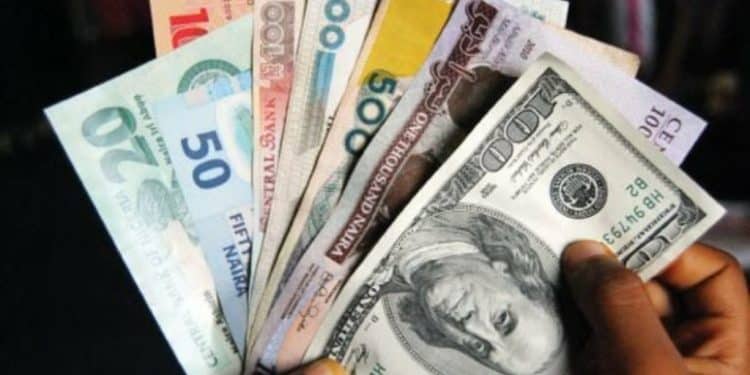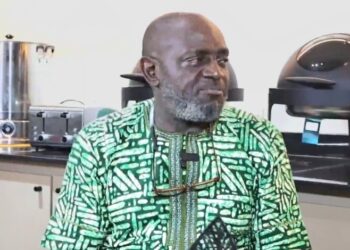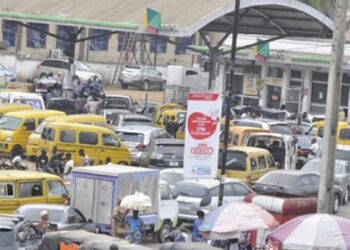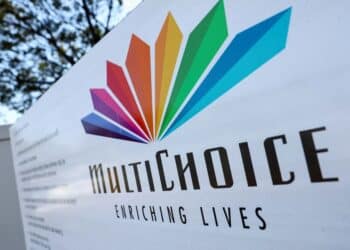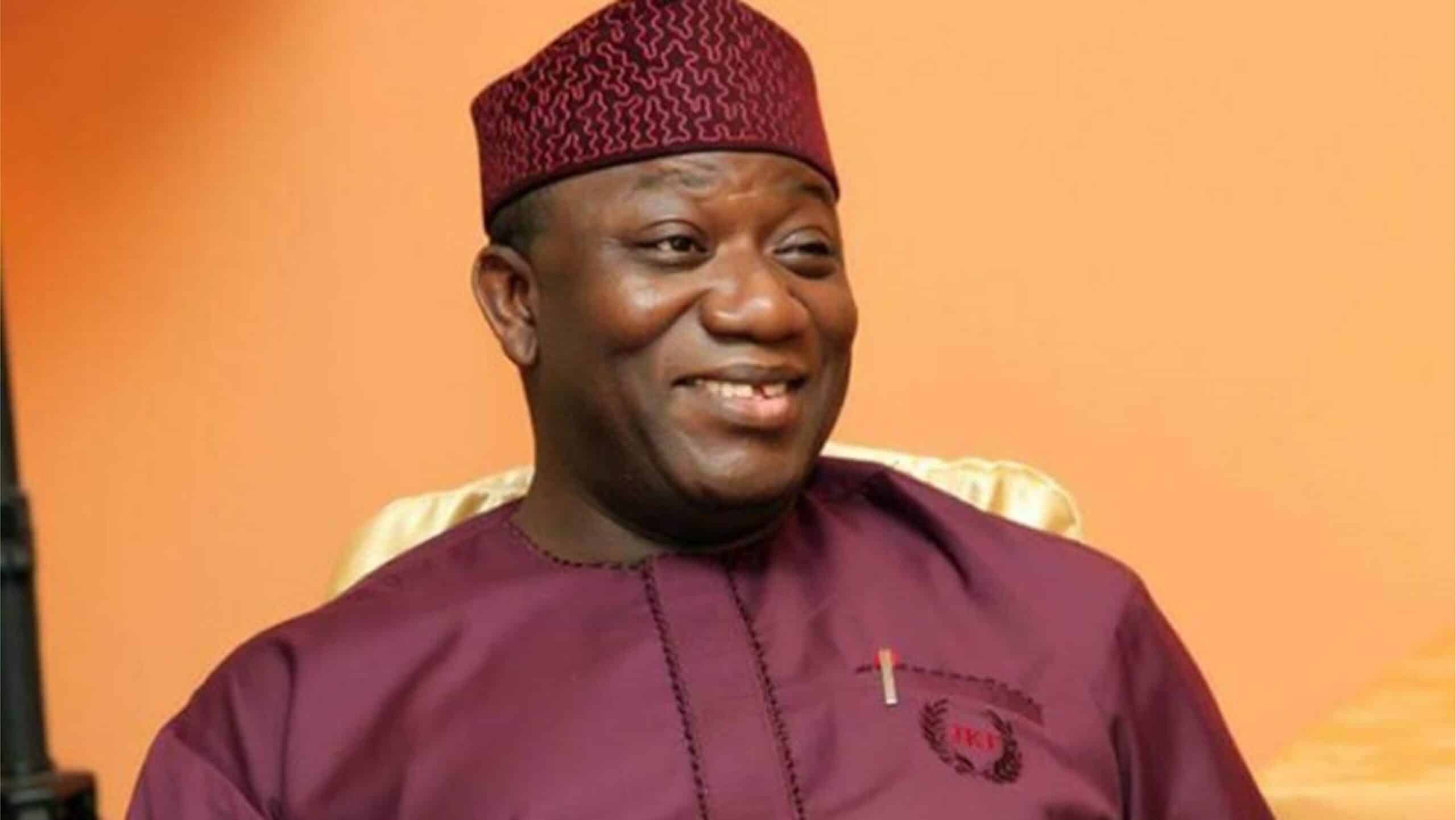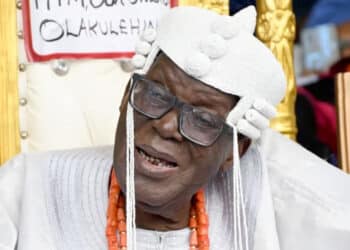The Federal Government of Nigeria may inject some foreign currency into the economy to support the value of the naira while market forces stabilise.
Mr Dele Alake, the Special Adviser to the President on Special Duties, Communication, and Strategy, said this on Wednesday during a press conference in Paris.
Alake is part of President Bola Ahmed Tinubu’s delegation to the new global financial accord meeting in Paris, France to promote foreign direct investment in Nigeria.
Alake’s remark follows the recent unification of currency rates, which caused the Naira to appreciate versus the US dollar on the black market.
On June 21, 2023, the naira traded at an average exchange rate of N758 to $1, a 2.82% improvement from the previous trading session, when the dollar was pegged at N780 to $1.
This is because one week after the announcement of the unification of the currency rate, a total of $788 million has so far been registered as cumulative turnover in the official Investor & Exporter Window.
Don’t forget that Mr President has taken some very bold steps in the area of economy and social engineering in the last few weeks, particularly about the unification of the multiple exchange rates, which has caused a very positive multiplier effect, the presidential spokesman said, without going into detail about the nature of the dollar injection.
“However, in the short term, we have noticed and expected that there will be a slight spike in the demand, which would affect the value of the naira viz-vis the dollar. So, apart from the immediate, short and long-term positive effects of that unification policy, there could be a need for an injection of direct foreign exchange into the economy to shore up the value of the naira while market forces stabilise. And in the short run or medium term, there is going to be when the effects of this policy begin to mature.”
He claimed that the president’s actions during the previous three weeks had stoked investors and foreign nations’ interest in Nigerian affairs and helped the nation’s economy.
The special adviser added that heads of state and representatives of international financial organisations have expressed a desire to meet with the president to discuss potential areas of cooperation with the recent encouraging growth in Nigeria.
Alake hoped that many foreign investors would return once new economic measures were implemented. They had left Nigeria due to the country’s restrictive currency regulations, and the country needed substantial and all-encompassing direct foreign investment.
The Naira’s performance
The naira to dollar exchange rate has varied since its inception a week ago, falling 29% to N664/$1 on the first day.
It decreased further to N702/$1 before the week’s conclusion when it was slightly stronger at N664/$1.
The I&E Window closed on Monday at N770.3/$1 and reopened on Tuesday, June 20, at N756.6, continuing the instability experienced since the start of the unification process.
The official currency exchange rate matched the black market rate for the first time since around N363/$1 in 2018.
On Monday, June 19, 2023, N790/$1 was announced as the highest day rate transacted in the I&E Window.
Although the FMDQ publishes the daily turnover of foreign exchanges, this figure does not entirely reflect the total amount of foreign exchange bought and sold. However, it offers a surrogate for the I&E Window’s liquidity level.

